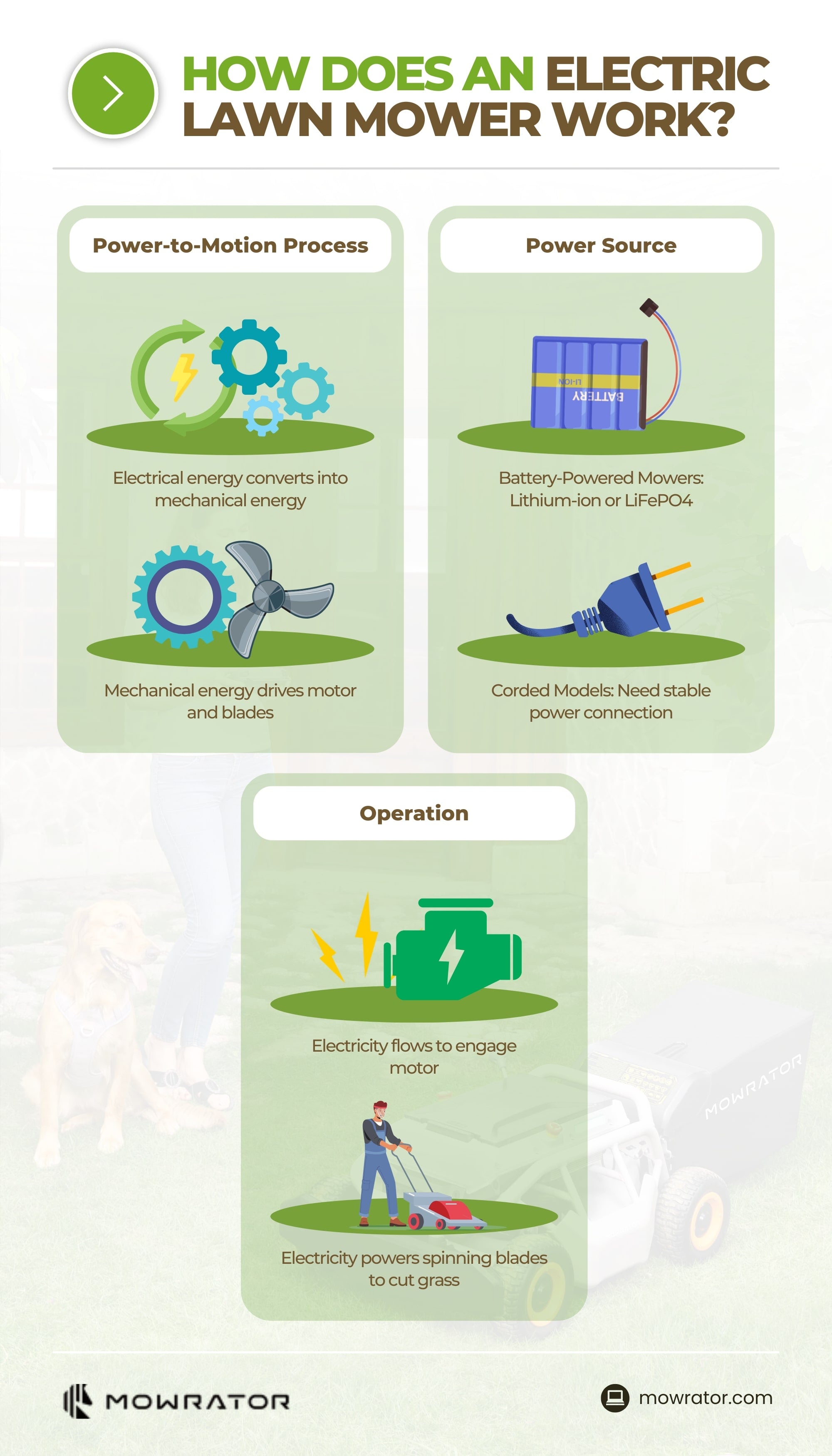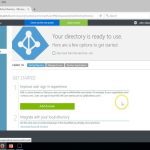Electric riding lawn mowers replace gasoline engines with electric motors and rechargeable batteries, offering a quieter, emission-free alternative for lawn care. They are ideal for beginners due to simplified controls and reduced maintenance needs.
Core Components
Key parts ensure smooth operation:
- Electric Motor: Powers both cutting blades and wheel propulsion, using electromagnetic fields for energy conversion.
- Battery Pack: Typically lithium-ion, storing electricity and supplying power to all systems.
- Controller Unit: Includes handles or pedals for user inputs like speed, steering, and blade height adjustments.
- Cutting Deck: Houses spinning blades beneath the mower, designed for efficient grass shearing.
Basic Operation Steps
Starting involves simple actions:

- Charge the battery fully before use.
- Sit on the seat, engage the safety switch, and turn the key or press a start button to activate the motor.
- Use handles to steer and pedals for acceleration or deceleration while blades spin to cut grass uniformly.
Energy Flow Process
Electricity moves from the battery to the motor via a controller. The motor converts electrical energy into mechanical force, rotating blades for cutting and often a separate motor for wheel movement. Sensors may regulate power based on grass density.
Beginner-Friendly Advantages
Electric models reduce learning curves:
- Low Noise: Minimal disturbance compared to gas equivalents.
- Ease of Use: No fuel mixing or engine priming; plug-in charging simplifies upkeep.
- Environmentally Friendly: Zero exhaust emissions, with recyclable batteries reducing ecological impact.
Practical Usage Tips
- Monitor battery levels during mowing; recharge promptly after depletion to prolong life.
- Set cutting height appropriately (higher for thick grass) to avoid motor strain.
- Clear debris from blades and undercarriage after each session for safety and efficiency.











